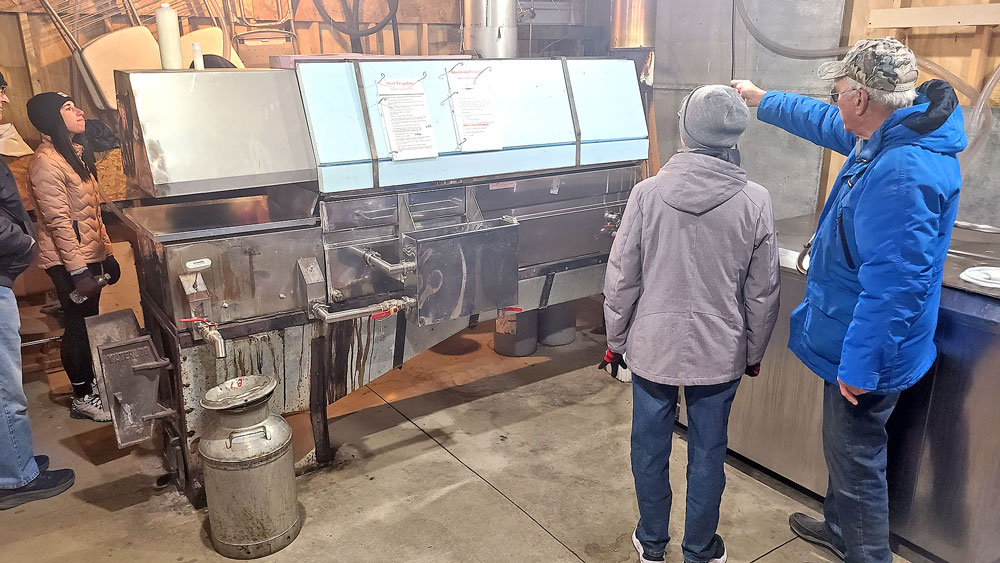‘Woke’ was ‘Right’ with relocation of Major League Baseball All-Star Game
By John Burbridge
sports@charlescitypress.com
Someone told me “gullible” is not in the dictionary.
So I looked it up just to prove him wrong while unwittingly acting out the definition.
Always out to expand my vocabulary, I often refer to the dictionary even when I’m not being punked. One word as of late often repeated and tweeted that I wasn’t too sure the meaning of was “woke”.
Whether being used as an adjective or verb, or as a noun (wokeness), woke often is wielded to vilify left-wing ideologies.
The word can be traced back to the phrase “stay woke” to decry inequities and injustices that 21st Century African-American Vernacular English condensed to “woke”.
But what is the etymological origin of “woke”? That’s why I cracked open the Merriam-Webster, and — again — I couldn’t help feeling silly about myself.
Though labeled as informal and slang, woke is a past participle form of “wake” as in no longer asleep. It can be properly used in a sentence: “The alarm clock woke me up.”
Thought I heard the word used that way before.
Like Groovy, Floppy Disk and Stewardess, woke may be put to bed for good in the near future joining the growing list of words purged from modern discourse. But social awareness, one of woke’s adopted definitions, should never go out of vogue to risk another endangered word.
What makes a drunk and/or impaired driver such a menace is his or her compromised awareness to the other drivers and pedestrians in their vicinity.
We owe it to our fellow citizens to be aware … to be awake (woke) to what’s going on around us. And we should encourage others to be aware/awake/woke, too.
Tonight (July 13) marks the return of the Major League Baseball All-Star Game. Originally meant to be played in Atlanta, Georgia where Braves great Hank Aaron was due to be one of the honored dignitaries in attendance, the Summer Classic was (in)famously relocated to Denver, Colorado.
What some corners described as “woke” provocation, the relocation was MLB’s response to Georgia’s post-election new comprehensive voting law entitled “Election Integrity Act of 2021”.
Within the 98-page law, there are several bullet points for which defenders of it could arm themselves against the “woke” zombie apocalypse. Yet even for some zombies, several points are digestible.
Absentee and mail-in voting aren’t going anywhere soon, so stringent ID requirements should be firmly in place. Furthermore, some conservative and even not-so-conservative outlets have employed commentary from African-Americans who feel insulted that many of the law’s critics insinuate minorities don’t have the initiative to attain proper identification.
Not willing to have the experts read and interpret the law for me, I took it upon myself to read the entire 98-page opus — to note, I had to negotiate through a lot of legal jargon, that’s why I had my trusty Merriam-Webster by my side.
Through all the bullet points and good intention mirages, I saw the Election Integrity Act of 2021 for what it is — retaliatory voter suppression.
Much has been said about the law’s water-in-voting-line prohibition, about voters having a shorter time to request an absentee ballot coupled with a smaller window to return it, and the decrease in drop-off boxes — among the “mirages” in the law’s literature regarding a dearth of drop-off boxes claims credit for an actual increase from zero because there was no pre-pandemic law that sanctioned drop-off boxes.
But the most insidious parts of the law curtail the use of provisional ballots while at the same time maintaining the engineered chaos that made provisional ballots an 11th-hour option.
A little historical context here. In 1965, the Voting Rights Act was made the law of the land. Generally, the law imposed preclearance requirements to several states, counties and parishes with nefarious histories regarding voting rights. If these jurisdictions wanted to change their voting laws, redraw district lines, and/or close or relocate a voting precinct, they would have to first petition the United States District Court of District of Columbia or the U.S. Attorney General.
In 2013 in the case Shelby County vs. (Eric H.) Holder, the United States Supreme Court in a 5-4 ruling struck down Section 4 of the Voting Rights Act stating that the section’s coverage formula determining preclearance requirements is no longer applicable to current conditions.
It’s now going on eight years since the section of the law has been updated and rebooted, which basically has made the rest of the law impotent.
During the ongoing interim, formerly affected state Georgia — surprise, surprise — went on to close more than 200 voting precincts, many in urban areas.
In 2018, Fair Fight Action and Care in Action joined forces to file suit against the Georgia State Election Board as well as other defendants. In their 66-page lawsuits, the plaintiffs detailed the alleged common conundrum of voters no longer knowing where they’re properly registered to vote due to familiar precincts being shuttered.
Too often, voters were told they were at the wrong precinct. The lawsuit claims this is by capricious design while referencing the plight of a husband and wife living at the same address going to the same precinct to vote only to find out that the husband wasn’t registered at the precinct but his wife was.
One of the few choice for those who found themselves in a wrong precinct was to fill out a cumbersome provisional ballot. But now with Election Integrity Act of 2021, you can only file a provisional ballot if you arrive at a precinct after 5 p.m. on election day (if they’re still open), and you need to provide a written letter why you arrived at the wrong precinct — following your wife around may no longer be an excuse.
If closing precincts was a matter of fiscal prudence, the Election Integrity Act of 2021 ensures no remedy is on the horizon. It officially bars third-party contributions to possibly help reopen the said shuttered precincts.
So other than sparking theatrical consternation from many of the usual suspects, did MLB’s “woke” relocation of the All-Star Game wake anyone else up?
That may be a question to ask the Department of Justice, which two weeks ago filed a lawsuit against Georgia over race-based issues related to its new voting laws.
Still, shouldn’t Major League Baseball as well as other professional sports and athletes just shut up and play the game, and not embed themselves so willingly into social justice issues?
That’s about the same argument used against baseball in 1947.









Social Share